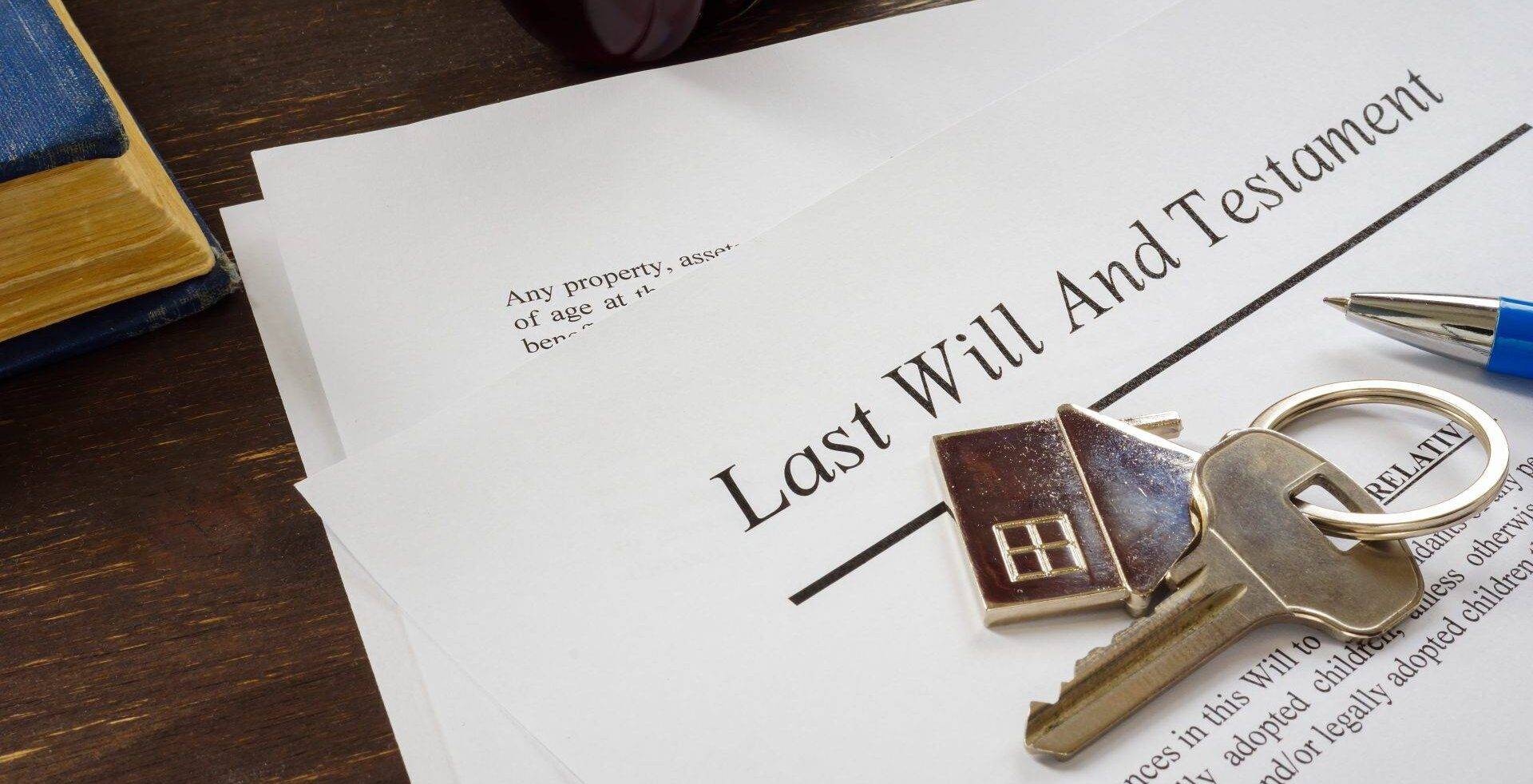The way a person wishes to leave their estate is not always just about how they want their wealth distributed but sometimes can be based on sharing their values and beliefs. Some people may, depending on their observance, follow stricter rules governing their choices based on religion or culture.
However, whilst people’s beliefs, values, cultural and religious observance must be respected it will not always be supported by the law and a dispute can arise. This has been evidenced in the recent case of Kaur v Estate of Karnail Singh & Ors [2023] EWHC 304 (Fam).
Kaur v Estate of Karnail Singh & Ors [2023] EWHC 304 (Fam)
Case background
In this case, Mrs Kaur, the widow, was entirely excluded from the Will of her late husband of 66 years, along with her four daughters. Her husband wished for his wealth to be left solely down the male line, being his two sons and wrote his Will to this effect.
During their life together Mrs Kaur played a significant role in the marriage and family life and in the family’s clothing business.
Mrs Kaur brought a successful claim under the 1975 Inheritance Act and was awarded 50% of the estate, with the Judge referring to Ilott (Respondent) v The Blue Cross and others (Appellants) where it was said that the 1975 Act:
“…was not designed to introduce, even in the case of surviving present spouses, a general power to re-write the testator’s will, but rather to bring provision for such spouses into line with the developing approach of the family court. The mischief to which the change was directed was the risk of a surviving spouse finding herself in a worse position than if the marriage had ended by divorce rather than by death”.
Mrs Singh was elderly, disabled, and lived on her state benefits of £12,000 per year, the estate was valued at £1.2 million.
The Judge concluded it was hard to see how any other conclusion could have been reached. This was a clear-cut case where there was no conceivable argument that financial provision should not have been made and Mr Singh had an obligation to make provision for his wife.
This decision is evidence that spouses who have contributed for a significant number of years, cannot be simply excluded. Even though Mr Singh had his reasons for wishing to leave his estate to his male line, which may have been rooted in his cultural or religious beliefs this wasn’t an acceptable reason to leave his spouse with nothing.
Whilst on one hand we all have testamentary freedom to leave our estates however we wish this does not come without responsibility. Particularly if there is a surviving spouse, there is a requirement to ensure our estates are distributed in the best possible manner to reasonably provide for them, along with a clear understanding of the impact of our testamentary wishes on our spouses.
This case highlights that decisions that are perceived as unjust in all circumstances, even though they are rooted in religious or cultural beliefs will not be upheld by the law.
Under the Human Rights Act Article 9: Freedom of thought, conscience, and religion:
“Everyone has the right to freedom of thought, conscience and religion; this right includes freedom to change his religion or belief and freedom, either alone or in community with others and in public or private, to manifest his religion or belief, in worship, teaching practice and observance.
Freedom to manifest one’s religion or beliefs shall be subject only to such limitations as are prescribed by law and are necessary in a democratic society in the interests of public safety, for the protection of public order, health or morals, or for the protection of the rights and freedoms of others.”
Comment
Whilst this is a case where there was a clear need to limit the freedom afforded to Mr Singh in his lifetime. It will be interesting to see if this case opens further dialogue in this area and the competing interests of upholding the law and fairness and the right to freedom of thought, conscience, and religion when making decisions about who should benefit from your Will.
How can we help?
Lesley Harrison is an Associate in our expert Dispute Resolution team.
If you have any queries about the subjects discussed above, please do not hesitate to contact Lesley or another member of the team in Derby, Leicester, or Nottingham on 0800 024 1976 or via our online enquiry form.
Contact usIf this article relates to a specific case/cases, please note that the facts of this case/cases are correct at the time of writing.



